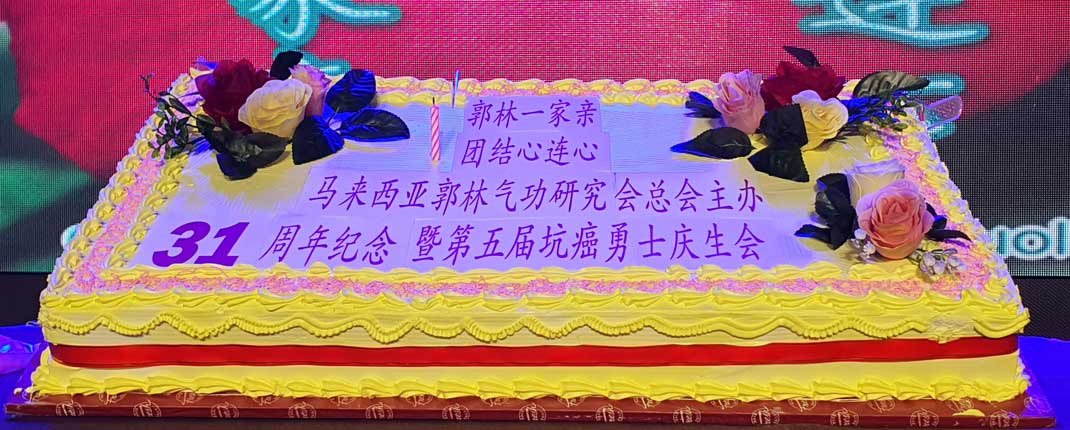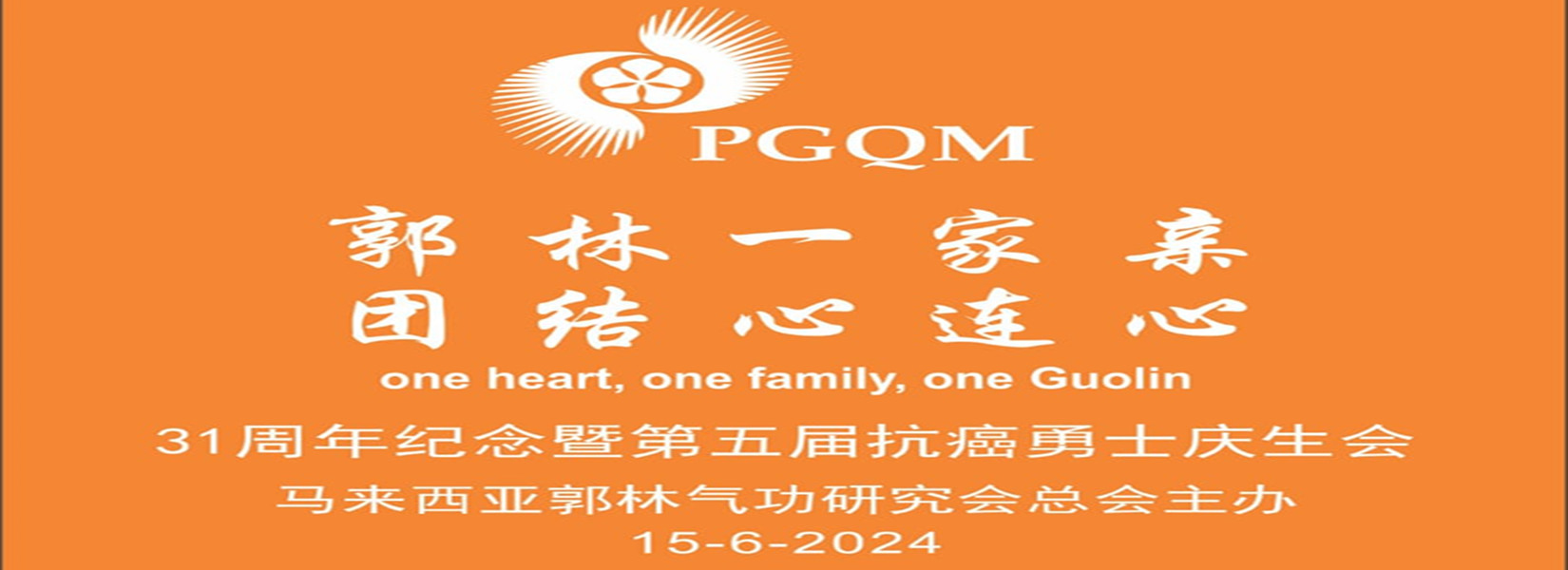A passage through cancer
The Star Online November 8 2016
Letters
HARDLY two months ago, I received a phone call from Sim, an old pensioner friend, informing me that his wife had passed away.
She was diagnosed with advanced kidney cancer three years ago. When she joined us at a nearby park to learn Quolin Qigong, which is said to be beneficial to cancer patients, she had just had one kidney removed and cancer had already spread to her lungs.
Despite the fact that she sometimes coughed up blood, she was still doing quite well – able to handle herself and household chores. According to her husband, she died because the cancer had relentlessly spread to her brain.
I feel very sad that Mrs Sim and six other members from this small Quolin Qigong group have passed away in the past three years due to advanced cancer.
And among them, two ladies were only in their 30s. I myself am a stage IV cancer patient.
When my prostatectomy was done in January 2008, my cancer was only in stage II. Once people know that you have cancer, many promote their direct sales cancer products. Foolishly, I was taken in by one man’s claim that the product he was selling could cure cancer.
After taking it for less than a month, I started having serious gastritis. I have since been on gastritis medicine for many months. It was a lesson learned.
Towards the end of the same year, my cancer progressed to stage IV.
Besides undergoing radiation therapy coupled with other treatments at Mount Miriam Cancer Hospital, I began my Quolin Qigong lessons. Despite the pain and trouble walking, I doggedly carried on. I lost nearly 4.5kg and was really in bad shape back then.
It was about this time that a friend of mine introduced me to a book, Alive and Well, by Philip E. Binzel, Jr., M.D. on nutrition in the treatment of cancer patients. I tried to adopt his methods as best I could. I increased my Vitamin C intake. I take Vitamin E and multivitamins along with other supplements because all of them play an important part in maintaining the body’s defence mechanisms. Most importantly, I started taking bitter apricot kernels from which laetrile is derived.
Cancer breeds on sugar. Thus, consuming sweet, sugary (simple carbohydrate) foods is a no-no for cancer patients. I turned to taking brown rice and wholemeal bread. Eating too much animal protein could also weaken our defences against cancer so I stopped taking meats other than fish, especially salmon. I eat plenty of fresh fruits and raw vegetables.
According to Dr Binzel, once a person has developed full-blown clinical cancer, even after their symptoms have vanished, they will have a greater-than-normal tendency to develop cancer again if they return to their original lifestyles and eating habits.
In order to have more time for my Qigong and physical exercise, and also to live a more relaxed, less stressful life, I gave up my commissioner-for-oaths business.
Every morning, I get up at 5.30. After taking a sip of water, I do my Taichi 18 on our balcony. And at about 7.15am, I join my Guolin Qigong group at our nearby park.
As my health improved, I increased my speed of walking. And now, I am virtually doing a brisk walk.
No doubt prostrate cancer is relatively slow. But without any medication, my PSA has been very well maintained below 0.00 ng/mL since the year 2010. Furthermore, I’ve regained my normal weight and am still alive and kicking. Surely there is some reason to believe that the strategy I adopted thus far has made a marked difference.
And for the same reason, I share my experience here, hoping that the life of someone who is in the same boat could be saved.
STEVEN CHAI
Penang









 Whatsapp
Whatsapp